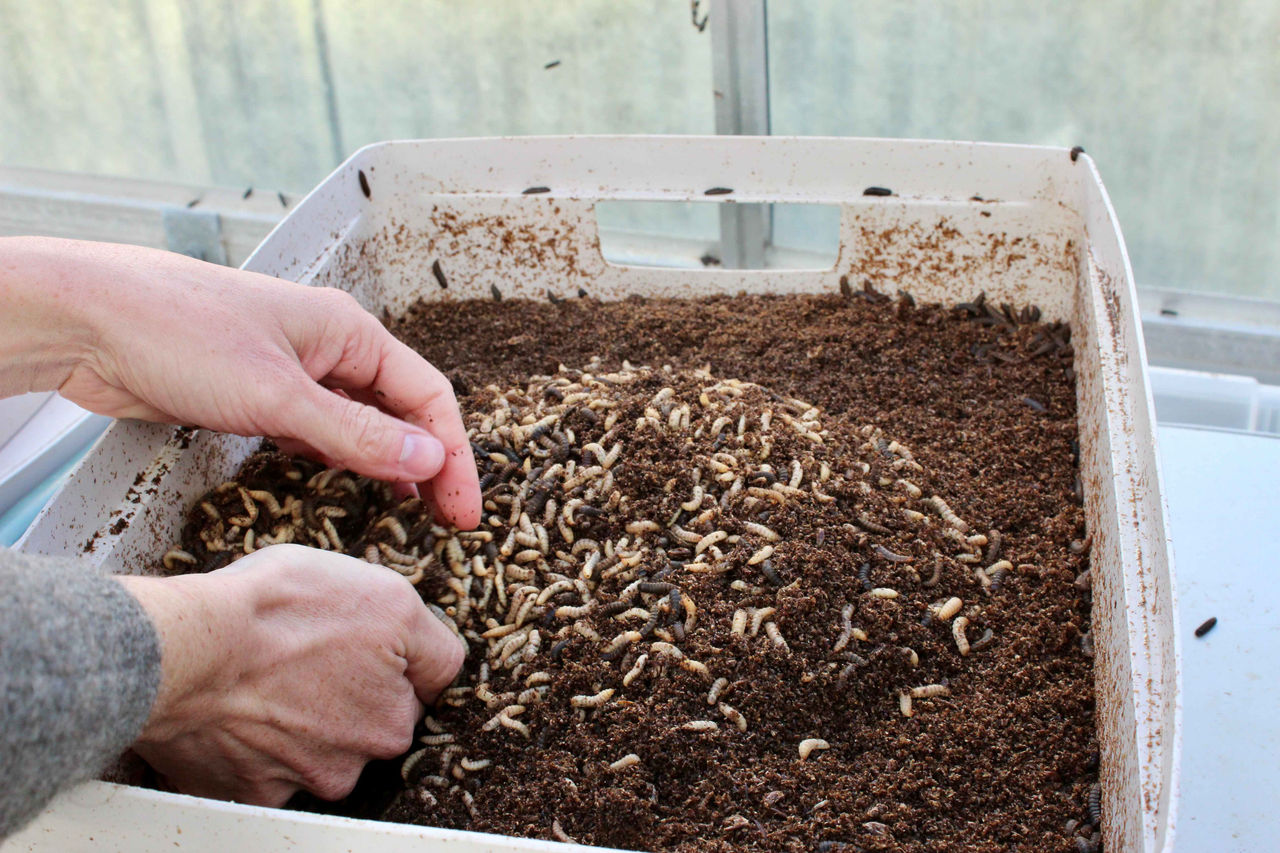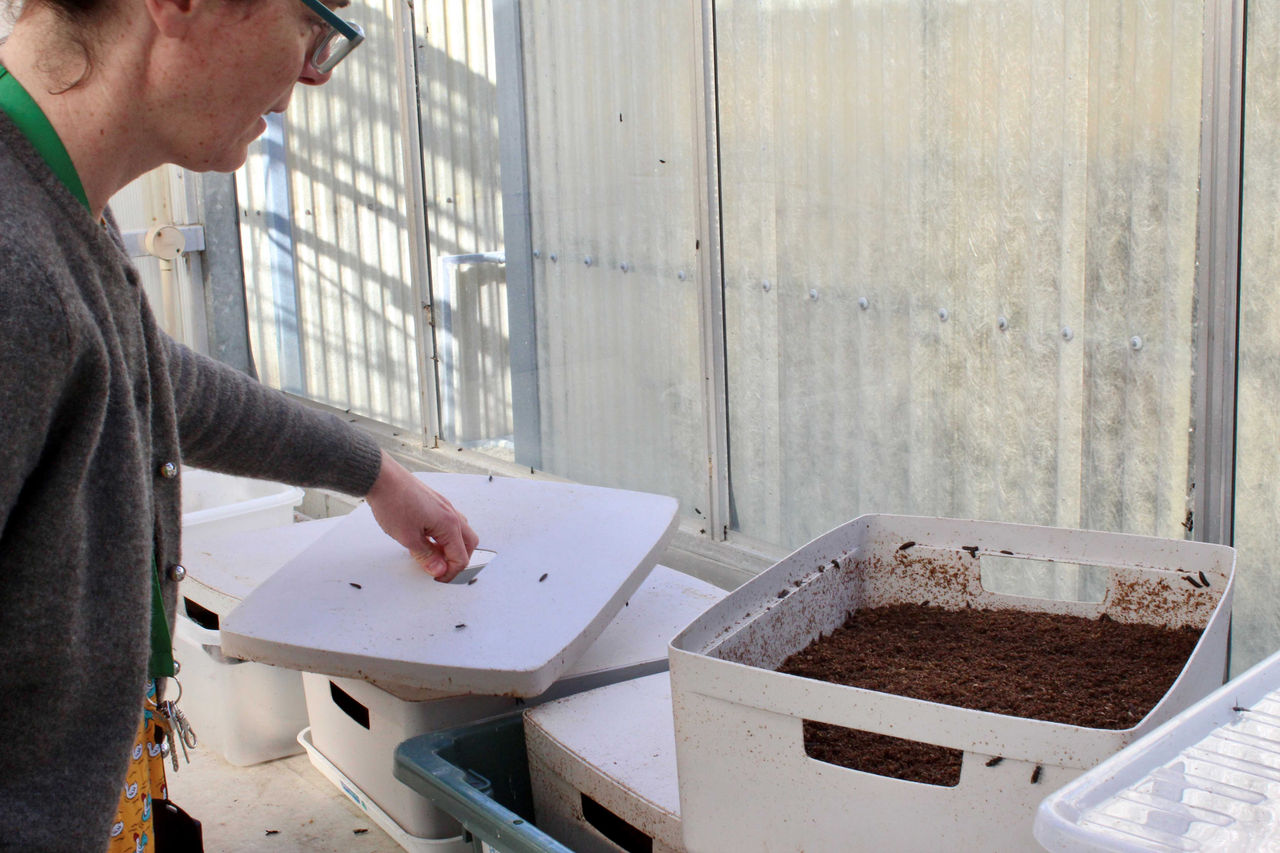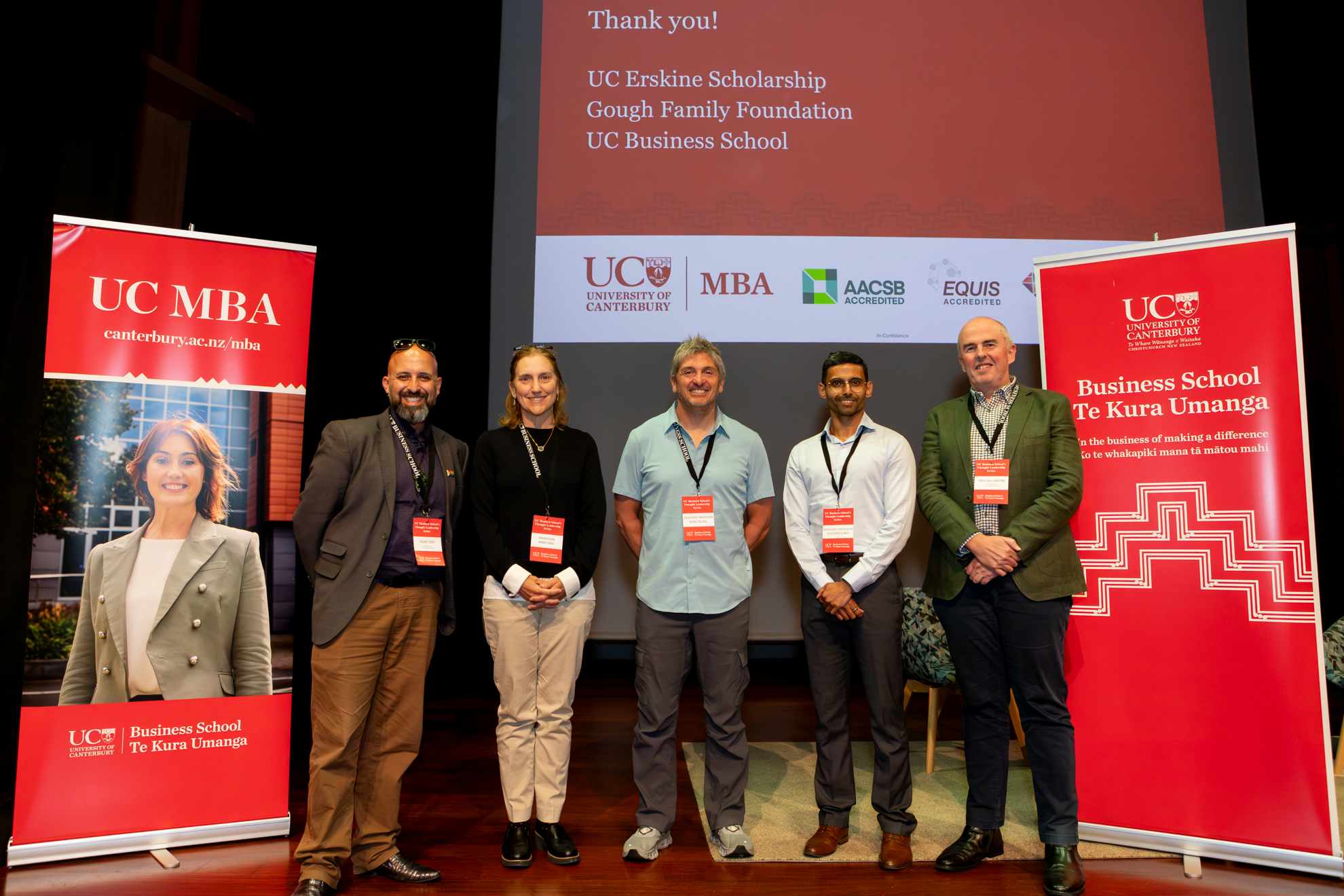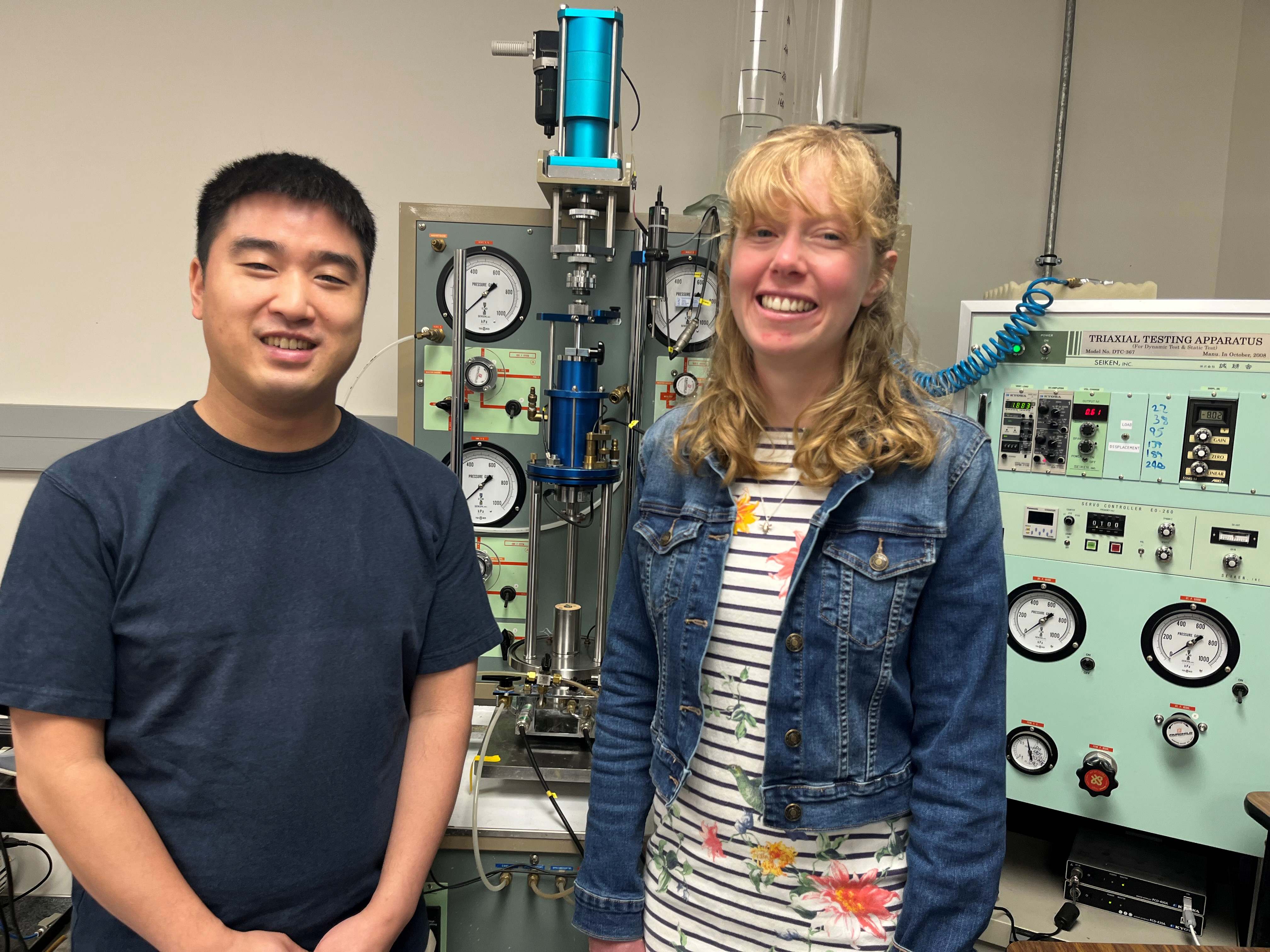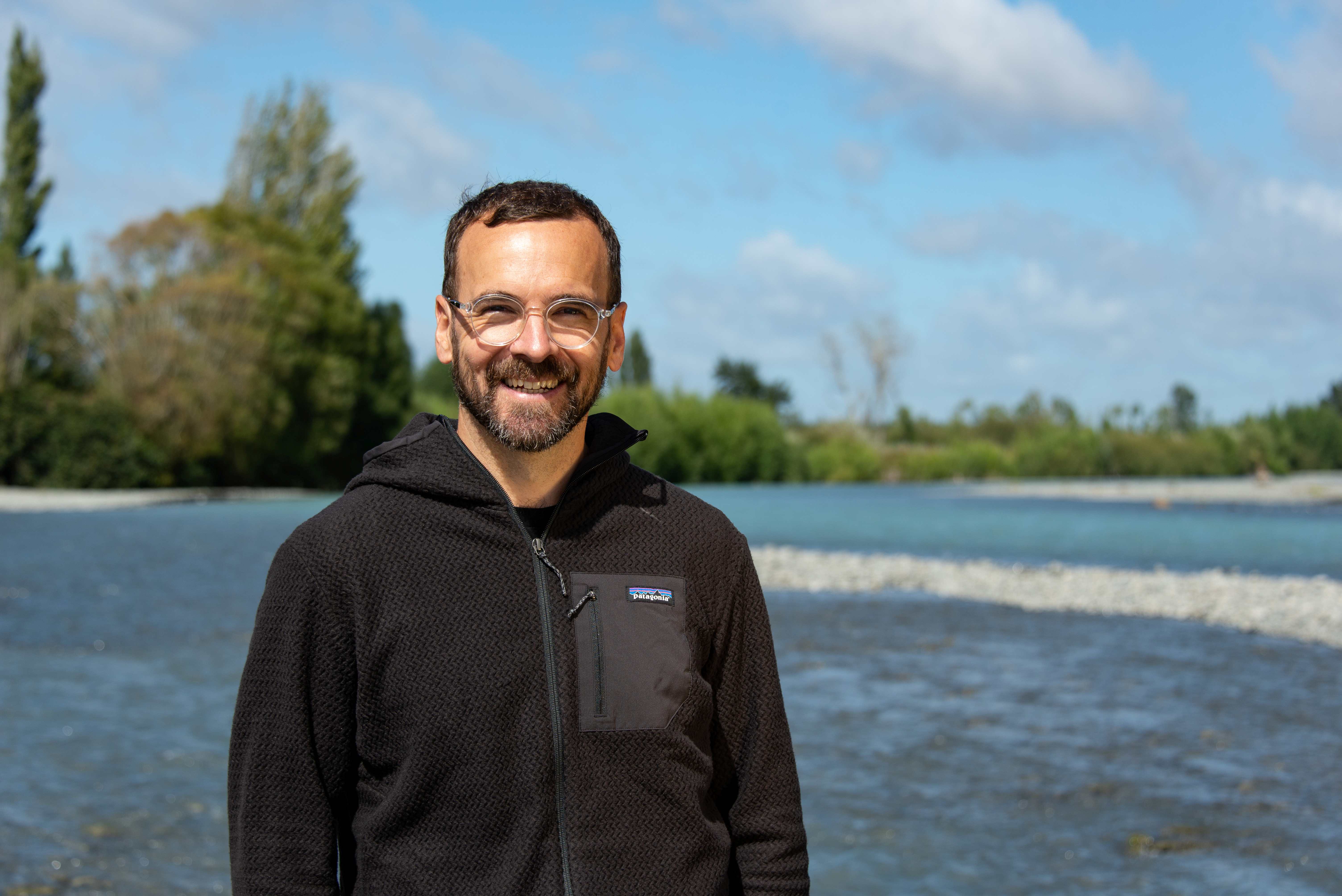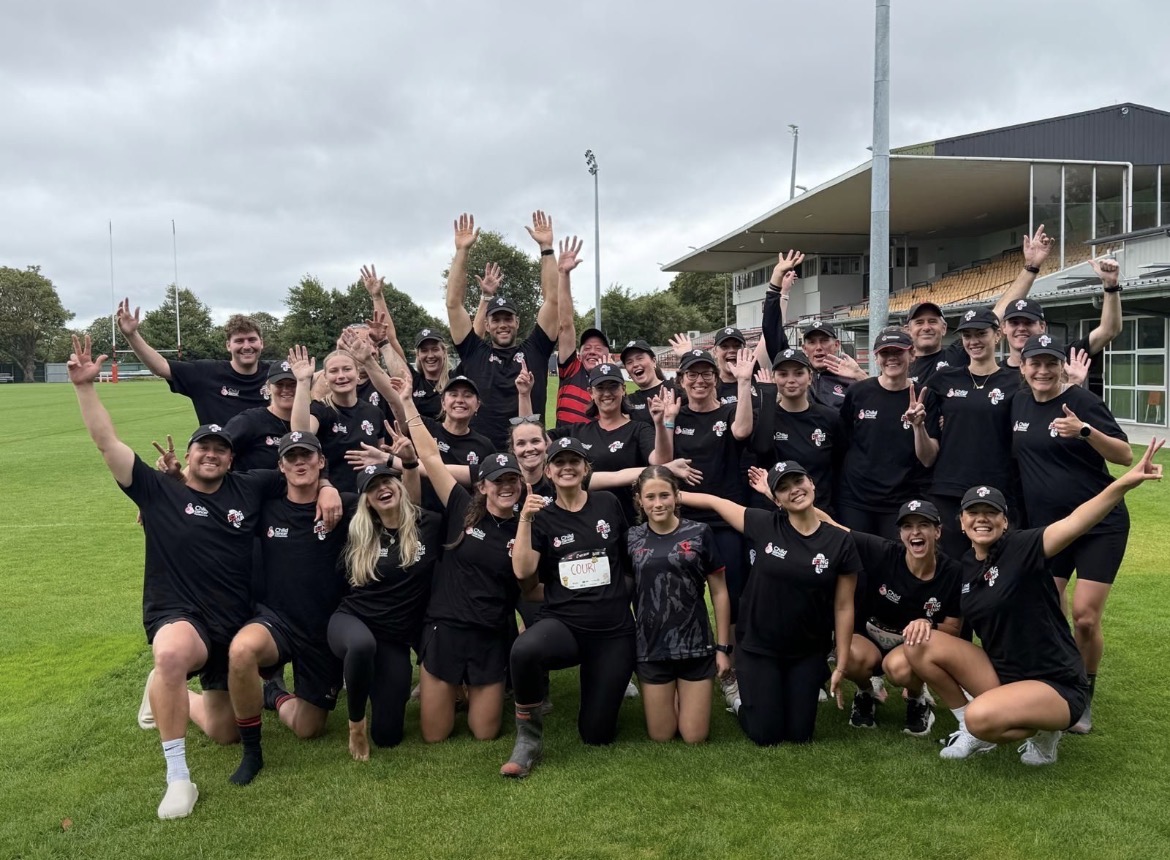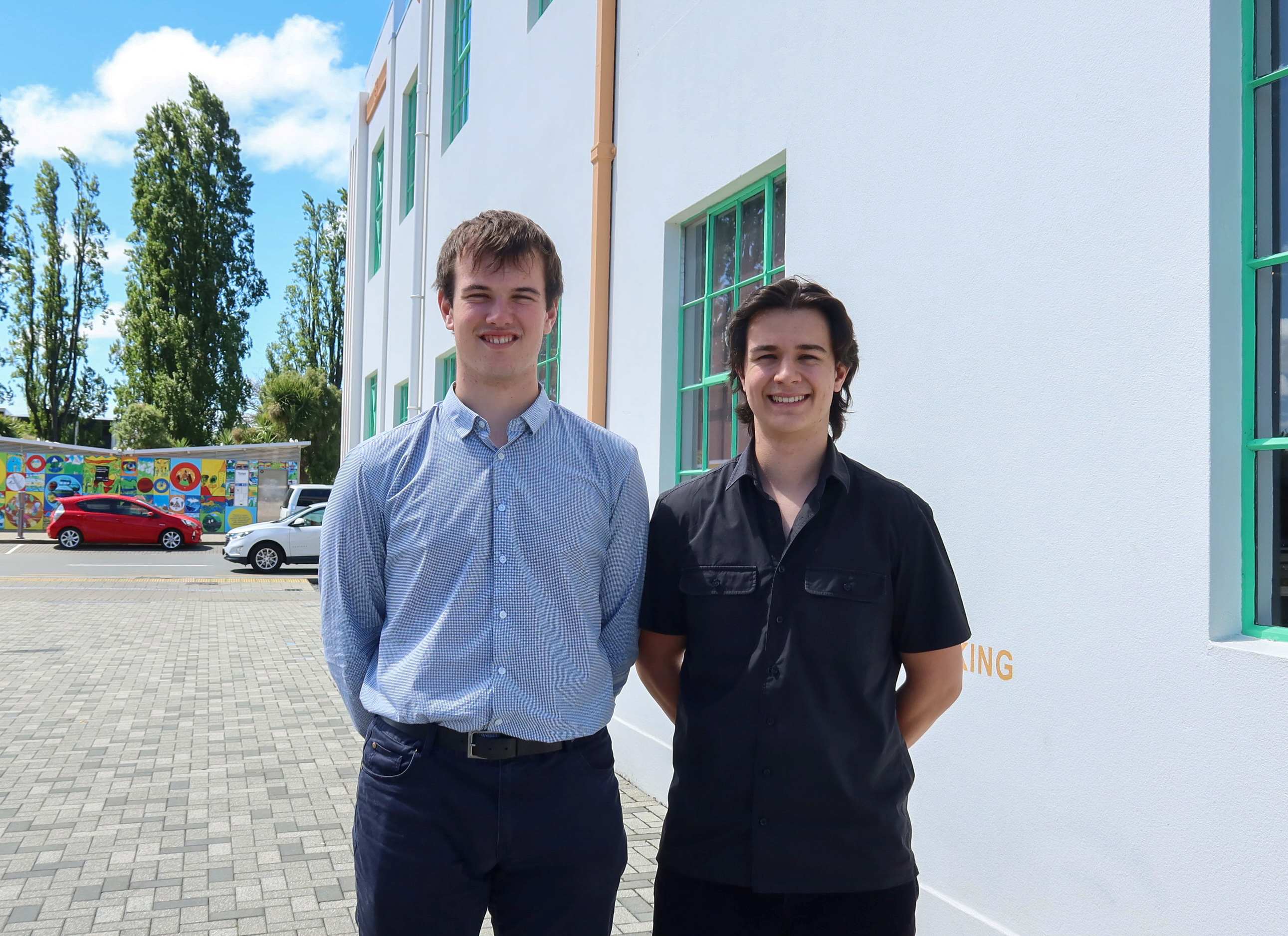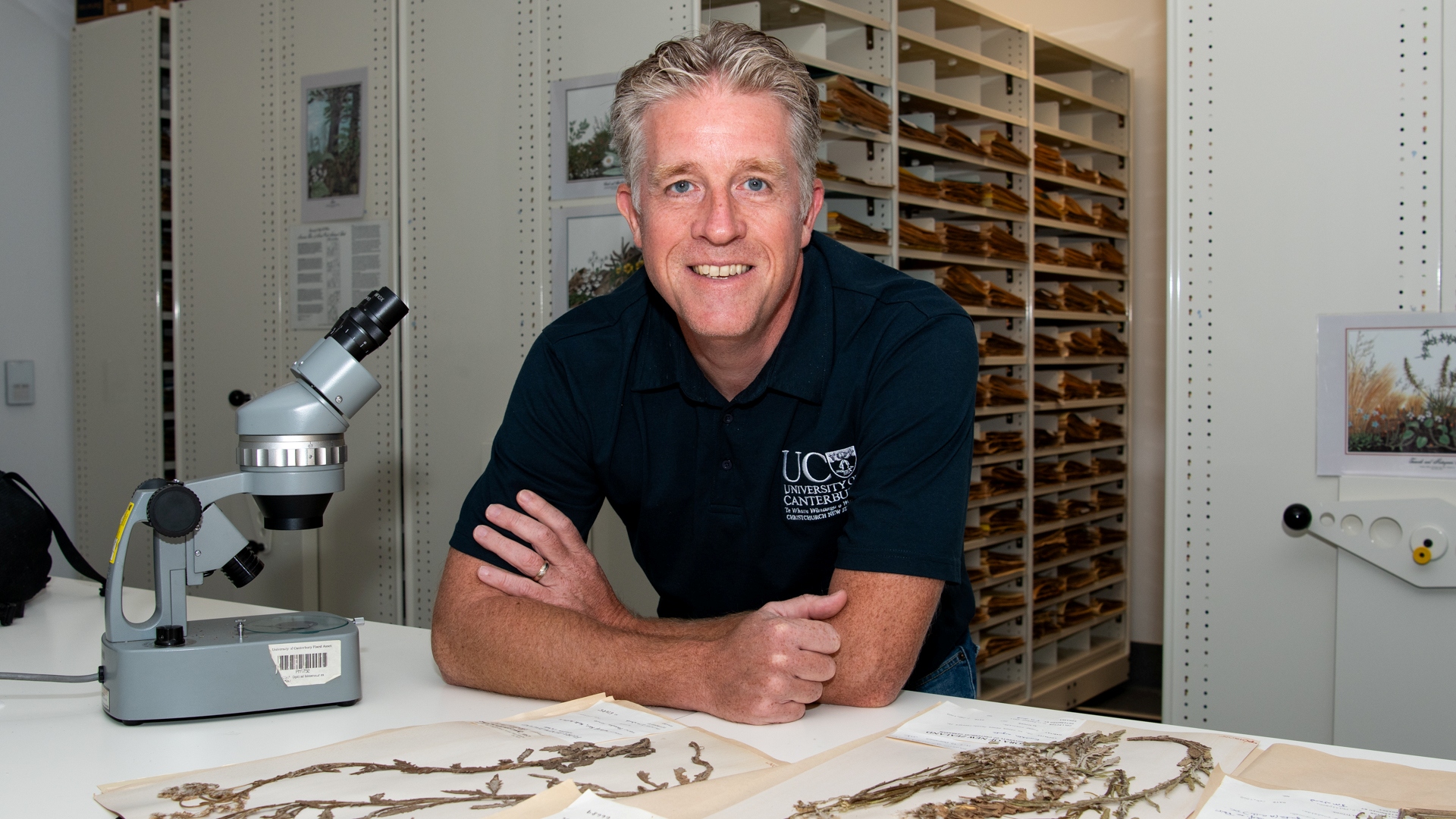Photo caption: UC researcher Dr Maria Guitierrez Gines believes the humble black soldier fly could be the key reducing our most challenging organic waste and could even help degrade plastics.
Researchers at Te Whare Wānanga o Waitaha | University of Canterbury (UC) are exploring how black soldier fly larvae can be used to turn low-grade organic waste into high-value materials - helping to reduce landfill, cut emissions, and create new economic opportunities.
UC School of Earth and Environment senior lecturer Dr Maria Gutierrez Gines is part of group including the UC School of Product Design, UC’s Biomolecular Interaction Centre, and the Institute of Environmental Science and Research (ESR), investigating how these fast-growing larvae can be used for bioconversion — transforming difficult waste streams into valuable by-products such as fertiliser, pet food, animal feed, and even cosmetic ingredients.
“We’re particularly interested in waste that is normally considered too risky or contaminated for reuse, things like biosolids from wastewater, food processing waste, or even waste containing pathogens or heavy metals,” Dr Gutierrez Gines says.
“Black soldier fly larvae are incredibly efficient at breaking this waste down quickly and safely, and in doing so, they leave behind a nutrient-rich residue called frass, which we’re investigating as a potential fertiliser.
“In partnership with ESR and other UC colleagues, we recently published research suggesting some of the bacteria present in black soldier fly larvae may have the potential to break down plastics,” Dr Gutierrez Gines says.
“That’s the kind of high-impact research that could open the door to dealing with waste streams nobody wants, in a way that is not only safer but economically and environmentally beneficial.”
The larvae also have a surprising advantage over other insects: as adults, black soldier flies do not eat, they only drink. This means they are less likely to spread pathogens, making them safer for waste processing.
While black soldier fly waste processing is already operational overseas, the team here is focused on New Zealand-specific challenges, such as decentralised community waste solutions and the potential to handle particularly risky or complex waste types.
The team is currently operating a small research colony of black soldier flies on campus, supplying larvae to students, researchers, and the School of Product Design to test potential uses for both the larvae and their by-products.
